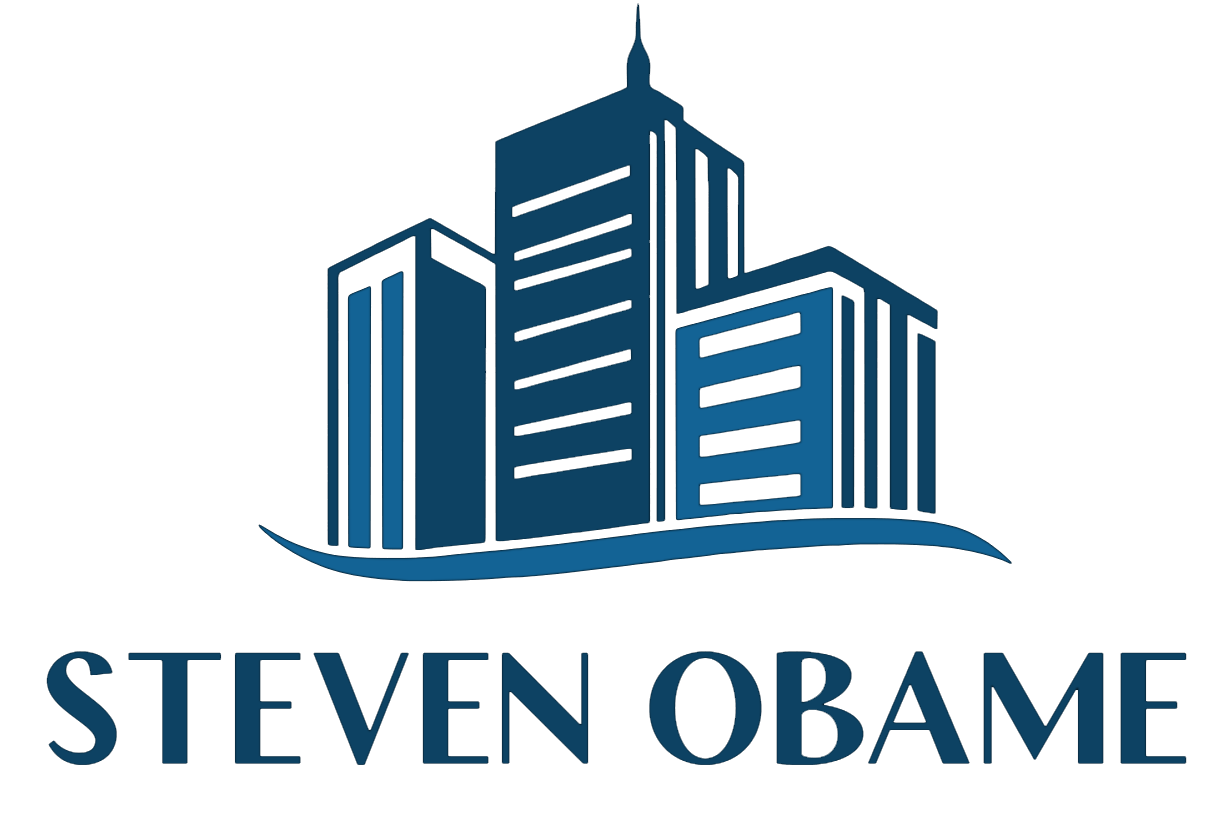Gabon is entering a decisive phase in the modernization of its water and energy sectors. Despite the progress achieved in recent years, the country still faces a lack of visibility regarding the real status of its infrastructure and ongoing projects. Citizens, institutions, and investors lack access to reliable, up-to-date, and consolidated data.
In this context, the proposal to create a national public platform for monitoring water and energy projects emerges as a strategic and practical solution, one capable of strengthening transparency, improving planning, and stimulating investment.
A Shared Observation
Today, information about energy and water projects remains fragmented. The FGIS website publishes announcements and press releases, but without execution details. The Ministry of Energy website provides general news but no project dashboards. The CNEE has yet to develop a public interface, and the SEEG website is mainly oriented toward customer services.
As a result, there is currently no single portal that allows users to view, in real time, the list of ongoing projects, their funding, progress rates, challenges, or completion timelines. This lack of transparency, though unintentional, hinders institutional coordination and makes it difficult to assess the effectiveness of public policies.
A Solution: Centralize Information and Strengthen Governance
The proposed platform would serve as a governance and transparency tool, overseen by the Ministry of Universal Access to Water and Energy, in collaboration with SEEG, the CNE, and technical partners. It would consolidate all data on current, completed, and planned projects in both electricity and drinking water sectors.
This initiative would align with the ongoing national energy policy, which seeks to ensure long-term sectoral stability, secure production, and diversify the national energy mix. The various consultation mechanisms, sectoral forums, and technical discussions initiated by the ministry already move in this direction.
The platform would consolidate these efforts by creating a centralized, reliable, and accessible data repository, enabling all stakeholders, both public and private, to evaluate real progress and adjust their strategies over time.
Examples of Projects to Be Monitored
The platform would, for instance, make it possible to track the progress of:
- Ngoulmendjim hydroelectric plant (83 MW),
- Kinguélé Aval plant (35 MW),
- 100 MW bi-fuel plant in Akournam,
- 50 MW gas turbine in Port-Gentil,
- 1,000 MW national energy program between Libreville and Ngounié,
- 220 MW Owendo thermal plant financed by Afreximbank,
- along with several other key projects essential to national energy security.
Regular updates would offer visibility on project evolution, bottlenecks, contract amendments, and actual costs, making the platform a planning and accountability tool serving government, citizens, and investors alike.
Key Features
The platform would include a national dashboard showing sector performance, installed capacity, budgets and progress rates. It would feature an interactive map positioning each project geographically. Every project would have a detailed information sheet describing its financing, capacity, timeline and execution status.
Dynamic indicators would illustrate the evolution of water and electricity demand, while region-by-region access rates would highlight inequalities and needs. A dedicated investor space would present potential opportunities and emerging needs across the territory. A download module would give access to official reports, studies and quarterly sector updates.
Water Stress, Regional Deficits and National Planning
Beyond project tracking, the platform could integrate key indicators such as water stress levels, production-versus-demand realities and regional variations in supply and consumption. These data points would reveal deficit zones, areas under pressure and provinces with strong development potential.
When cross-referenced with data from the Ministry of Planning, they would help refine regional development strategies, support industrial investments and anticipate population and market needs. Areas such as Lambaréné, Mouila or Franceville could be clearly identified by investors seeking opportunities for targeted public-private partnerships.
Data as a Driver of Investment
Reliable data attracts investors. At every symposium, conference, or professional mission I attend abroad, the same question arises:
“What is Gabon’s projected energy capacity growth over the next five to ten years?”
Companies in the energy, industrial, and agricultural sectors need visibility to plan their operations and investments. Industrialization requires energy, and urban growth requires water.
According to World Bank data, about 86.9% of the Gabonese population had access to basic drinking water services in 2022, meaning that roughly 13% of the population, more than 250,000 people, still lacks safe water access. In the electricity sector, annual production stands around 2,300 GWh, but national demand continues to grow at a rate exceeding 3.4% per year, with 2025 figures showing an even wider gap between production and consumption.
This difference between supply and demand represents a significant investment opportunity. By providing accurate and transparent data, the platform would allow companies to identify deficient areas, such as Lambaréné, Mouila, or Franceville, and engage in targeted public-private partnerships to meet those needs.
A Tool for Coordination and Confidence
This initiative would also help better coordinate public policies and prevent repeated delays observed in major infrastructure projects. Too often, a project initially planned for two years extends to four or five, with little communication about the causes of delay.
A public platform would allow both institutions and citizens to monitor project timelines, contract changes, and technical obstacles, fostering transparency and shared accountability.
This proposal therefore aligns with the long-term vision of a stable, attractive, and resilient energy and water sector, supported by digital tools and a coherent national planning policy.
Gabon possesses exceptional potential in the fields of water and energy. To turn this potential into a driver of sustainable development, data must be accessible, readable, and verifiable.
A national platform for monitoring water and energy projects would not be a mere administrative tool; it would be an instrument of transformation, a symbol of efficiency, and a lever for investment attractiveness. By making project information public, the ministry would strengthen transparency, build trust, and open a new chapter in the country’s path toward sustainable growth.
A detailed proposal and design document for this platform, including technical, functional, and institutional components, is available and can be shared depending on the orientation and needs of decision-makers or partners in the sector.
Steven OBAME




